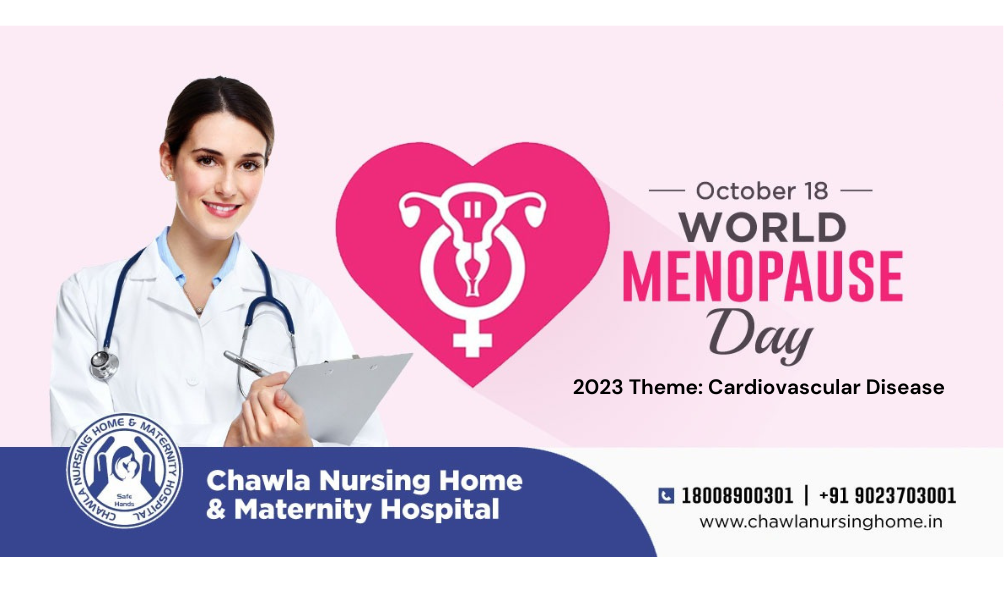
Menopause in relation to bone, vasomotor and cardiovascular disease
Menopause is a natural biological process that occurs in women usually between the ages of 45 and 55, marking the end of their reproductive years. During this transition, the body undergoes various hormonal changes, particularly a decrease in estrogen levels, which can have significant effects on bone health, vasomotor symptoms, cardiovascular health and Vaginal health .
1. Bone Health:
Estrogen plays a crucial role in maintaining bone density. As estrogen levels decline during menopause, women are at an increased risk of developing osteoporosis, a condition characterized by weak and brittle bones. Osteoporosis can lead to fractures, particularly in the hip, spine, and wrist. To mitigate this risk, women during and after menopause are often advised to:
- Exercise Regularly: Weight-bearing exercises and resistance training can help maintain bone density.
- Calcium and Vitamin D Intake: Adequate calcium and vitamin D intake is essential for bone health. Supplements might be necessary if dietary intake is insufficient.
- Bone Density Testing: Regular bone density tests can assess the health of your bones and help in the early detection of osteoporosis.
2. Vasomotor Symptoms:
Vasomotor symptoms, such as hot flashes and night sweats, are common during menopause. These symptoms are believed to be related to the changes in estrogen levels. While not directly harmful to health, these symptoms can significantly affect a woman's quality of life. Management strategies include:
- Hormone Replacement Therapy (HRT): Estrogen therapy can effectively alleviate vasomotor symptoms. However, it's not suitable for everyone and should be discussed with the gynaecologist
- Lifestyle Changes: Avoiding triggers like caffeine and spicy foods, maintaining a cool sleep environment, and managing stress can help reduce the frequency and intensity of hot flashes.
3. Cardiovascular Disease:
Estrogen also has a protective effect on the cardiovascular system. Before menopause, women generally have a lower risk of heart disease compared to men. However, after menopause, this advantage diminishes, and the risk of cardiovascular disease increases. This is because estrogen helps maintain healthy blood vessels and influences cholesterol levels. To promote cardiovascular health during and after menopause:
- Healthy Diet: Adopting a heart-healthy diet, low in saturated fats and cholesterol, can help manage cardiovascular risk factors.
- Regular Exercise: Physical activity is essential for cardiovascular health. It helps control weight, lower blood pressure, and improve overall heart function.
- Regular Check-ups: Monitoring blood pressure, cholesterol levels, and other cardiovascular risk factors is crucial. Managing these factors can significantly reduce the risk of heart disease.
- Avoiding Smoking: Smoking is a major risk factor for heart disease. Quitting smoking can improve overall cardiovascular health.
4. Vaginal Health:
Estrogen also plays a crucial role in maintaining the health of the vaginal tissues. Declining estrogen levels during menopause can lead to various changes in the vaginal area, including:
- Vaginal Dryness: Reduced estrogen can result in decreased vaginal lubrication, leading to dryness, discomfort, and sometimes pain during sexual intercourse.
- Thinning of Vaginal Tissues: The tissues of the vagina can become thinner and less elastic, making them more susceptible to irritation and inflammation.
- Increased Susceptibility to Infections: Changes in the pH balance of the vagina can make women more prone to vaginal infections.
Management options for these symptoms include:
- Vaginal Moisturizers and Lubricants: Over-the-counter vaginal moisturizers and lubricants can help alleviate dryness and discomfort during intercourse.
- Hormone Replacement Therapy (HRT): Local estrogen treatments, such as vaginal creams or rings, can be prescribed to some women to restore vaginal health. These treatments deliver estrogen directly to the vaginal tissues.
- Regular Sexual Activity: Engaging in regular sexual activity can help maintain vaginal elasticity and lubrication.
5. Stress Incontinence:
Stress incontinence is the unintentional leakage of urine during activities that increase abdominal pressure, such as coughing, sneezing, laughing, or exercising. Menopause can contribute to stress incontinence due to weakening of the pelvic floor muscles and changes in the urethra.
Management strategies for stress incontinence include:
- Pelvic Floor Exercises (Kegels): Strengthening the pelvic floor muscles through exercises can help improve bladder control. Kegel exercises involve contracting and relaxing the muscles that control urine flow.
- Behavioral and Lifestyle Modifications: Managing fluid intake, avoiding caffeine and alcohol (which can irritate the bladder), and maintaining a healthy weight can reduce the frequency and severity of stress incontinence episodes.
- Medical Interventions: In severe cases, Gynaecologist might recommend medical interventions such as medications, medical devices, or surgery to manage stress incontinence.
In summary, menopause can affect various aspects of women's health, including bone health, vasomotor symptoms, cardiovascular health, vaginal health, and stress incontinence. Women experiencing these symptoms should discuss their concerns with Gynaecologist .

